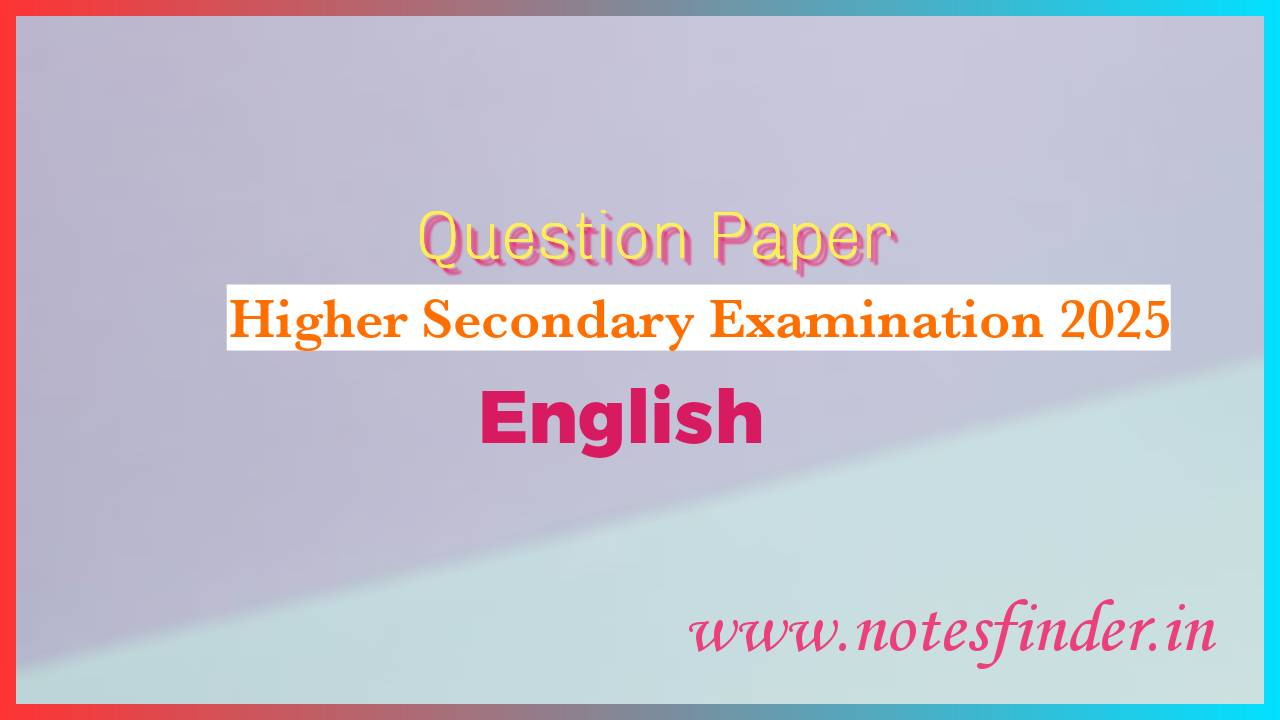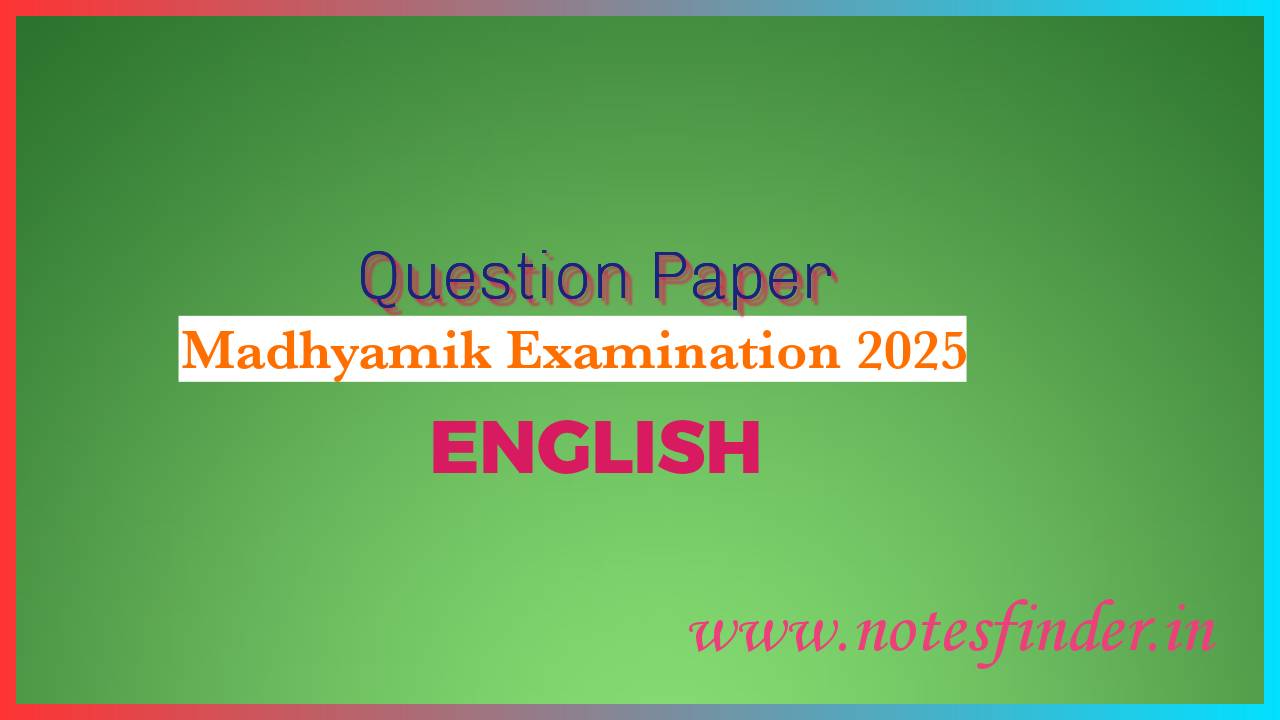Ode to the West Wind – P B Shelley
I
O wild West Wind, thou breath of Autumn’s being,
Thou, from whose unseen presence the leaves dead
Are driven, like ghosts from an enchanter fleeing,
Yellow, and black, and pale, and hectic red,
Pestilence-stricken multitudes: O thou,
Who chariotest to their dark wintry bed
The winged seeds, where they lie cold and low,
Each like a corpse within its grave, until
Thine azure sister of the Spring shall blow
Her clarion o’er the dreaming earth, and fill
(Driving sweet buds like flocks to feed in air)
With living hues and odours plain and hill:
Wild Spirit, which art moving everywhere;
Destroyer and preserver; hear, oh hear!
II
Thou on whose stream, mid the steep sky’s commotion,
Loose clouds like earth’s decaying leaves are shed,
Shook from the tangled boughs of Heaven and Ocean,
Angels of rain and lightning: there are spread
On the blue surface of thine aëry surge,
Like the bright hair uplifted from the head
Of some fierce Maenad, even from the dim verge
Of the horizon to the zenith’s height,
The locks of the approaching storm. Thou dirge
Of the dying year, to which this closing night
Will be the dome of a vast sepulchre,
Vaulted with all thy congregated might
Of vapours, from whose solid atmosphere
Black rain, and fire, and hail will burst: oh hear!
III
Thou who didst waken from his summer dreams
The blue Mediterranean, where he lay,
Lull’d by the coil of his crystalline streams,
Beside a pumice isle in Baiae’s bay,
And saw in sleep old palaces and towers
Quivering within the wave’s intenser day,
All overgrown with azure moss and flowers
So sweet, the sense faints picturing them! Thou
For whose path the Atlantic’s level powers
Cleave themselves into chasms, while far below
The sea-blooms and the oozy woods which wear
The sapless foliage of the ocean, know
Thy voice, and suddenly grow gray with fear,
And tremble and despoil themselves: oh hear!
IV
If I were a dead leaf thou mightest bear;
If I were a swift cloud to fly with thee;
A wave to pant beneath thy power, and share
The impulse of thy strength, only less free
Than thou, O uncontrollable! If even
I were as in my boyhood, and could be
The comrade of thy wanderings over Heaven,
As then, when to outstrip thy skiey speed
Scarce seem’d a vision; I would ne’er have striven
As thus with thee in prayer in my sore need.
Oh, lift me as a wave, a leaf, a cloud!
I fall upon the thorns of life! I bleed!
A heavy weight of hours has chain’d and bow’d
One too like thee: tameless, and swift, and proud.
V
Make me thy lyre, even as the forest is:
What if my leaves are falling like its own!
The tumult of thy mighty harmonies
Will take from both a deep, autumnal tone,
Sweet though in sadness. Be thou, Spirit fierce,
My spirit! Be thou me, impetuous one!
Drive my dead thoughts over the universe
Like wither’d leaves to quicken a new birth!
And, by the incantation of this verse,
Scatter, as from an unextinguish’d hearth
Ashes and sparks, my words among mankind!
Be through my lips to unawaken’d earth
The trumpet of a prophecy! O Wind,
If Winter comes, can Spring be far behind?
Word Notes
- Enchanter: A person who uses magic or sorcery; a magician.
- Hectic: Characterized by a feverish or restless activity or excitement.
- Pestilence: A fatal epidemic disease, especially a plague.
- Chariotest: An archaic form of the word “chariot,” which means to convey or transport.
- Azure: A bright blue color, resembling the clear sky.
- Clarion: A shrill, clear sound, often associated with a trumpet or horn.
- Preserver: One who protects or maintains something in its existing state.
- Multitudes: A large number or a great crowd.
- Commotion – A state of agitation or tumult; a noisy disturbance.
- Decaying – The process of rotting, decomposing, or disintegrating.
- Tangled – Twisted together in a confused, intricate, or snarled manner.
- Aëry – Relating to the air or atmosphere; ethereal or airy in nature.
- Surge – A powerful forward or upward movement, often associated with waves or tides.
- Maenad – In Greek mythology, a female follower of the god Dionysus known for their wild, frenzied behavior.
- Verge – The edge, margin, or boundary of something.
- Sepulchre – A burial vault or tomb.
- Vaulted – Constructed in an arched or curved shape, resembling a vault.
- Congregated – Gathered or assembled in a group or crowd.
- Vapours – Gaseous substances that are typically visible as a mist or fog.
- Burst – To break open, split, or explode suddenly and violently.
- Coil – a spiral or twisted formation.
- Crystalline – resembling crystal, clear and transparent.
- Intenser – more intense or heightened.
- Pumice – a light and porous volcanic rock formed when lava cools quickly.
- Baiae – an ancient Roman town located on the northwest shore of the Gulf of Naples.
- Palaces – large and impressive buildings, typically used as residences for royalty or nobility.
- Quivering – shaking or trembling rapidly.
- Azure – bright blue in color.
- Faints – loses consciousness or becomes unconscious.
- Controllable – capable of being controlled or managed.
- Skiey – of or relating to the sky or heavens.
- Striven – past participle of “strive,” meaning to make great efforts or struggle.
- Sore – causing physical pain or discomfort.
- Tameless – not capable of being tamed or controlled.
- Impulse – a sudden strong urge or desire.
- Wanderings – the act of traveling aimlessly or without a fixed destination.
- Comrade – a companion or close friend.
- Scarce – barely or hardly.
- Tumult: A loud, confused noise or uproar; a commotion.
- Mighty: Possessing great power, strength, or force.
- Harmonies: Pleasing or melodious arrangements of musical sounds; the combination of different musical notes played or sung together.
- Autumnal: Relating to autumn or the fall season.
- Impetuous: Acting or done quickly and without thought or care; impulsive.
- Incantation: A series of words or phrases chanted or spoken as a magical spell or charm.
- Hearth: A fireplace or the area in front of it, symbolizing home and warmth.
- Unextinguished: Not extinguished or put out; still burning or glowing.
- Ashes: The powdery residue left after something has been burned.
- Prophecy: A prediction or foretelling of what will happen in the future.
- Unawakened: Not woken up or aware of something; in a state of ignorance or unawareness.
- Trumpet: To proclaim or announce loudly and forcefully.
Figures of Speech in the Poem
Alliteration involves the repetition of consonant sounds in the same line. For instance, the /w/ sound in “O wild West Wind, thou breath of Autumn’s being” and the /g/ sound in “Thy voice, and suddenly grow gray with fear.”
Simile is a figure of speech used to compare one object or person with another. Examples include “Are driven, like ghosts from an enchanter fleeing,” “Each like a corpse within its grave,” and “Loose clouds like earth’s decaying leaves are shed.”
Symbolism is the use of symbols to represent ideas or qualities. In this context, the “West wind” symbolizes the powerful force of nature, “dead leaves” symbolize death and destruction, and the “dying year” symbolizes the end of a season.
Imagery is used to create sensory experiences for readers. Visual imagery examples include “dark wintery bed,” “yellow, and black and pale and hectic red,” and “Angles of rain and lightning.” Auditory imagery examples include “the trumpet of a prophecy,” “Black rain and fire and hail will burst,” and “Her clarion.” Kinetic imagery examples include “Wild Spirit, which art moving everywhere” and “Scatter, as from an unextinguished hearth Ashes and sparks.”
Personification involves attributing human qualities to non-human objects. Examples in this text include “Destroyer and Preserver,” “Who chariotest,” “Thou who didst waken from his summer dreams,” “The blue Mediterranean, where he lay,” and “thou breath of Autumn’s being.”
Anastrophe is the reversal of the correct syntactic order in a sentence. It is used in the line “leaves dead” instead of “dead leaves.”
Enjambment occurs when a thought or clause continues to the next line without a pause or punctuation. An example of enjambment can be seen in the lines:
“Cleave themselves into chasms, while far below /The sea-blooms and the oozy woods which wear/ The sapless foliage of the ocean, know.”
Paradox is a statement or situation that seems self-contradictory or contrary to common sense, yet it may be true or logically sound. Example- “Destroyer and Preserver”
MCQs and Answers from Ode to the West Wind
1. Which of the following statements about the poem “To the West Wind” is true?
a. It is a poem by P. B. Shelley.
b. It was first published in 1820.
c. It deals with the theme of freedom.
d. All of these are true.
Answer: d. All of these are true.
2. Pick out from the following the opening line of the poem “To the West Wind”:
a. “Autumn’s being”
b. “The nun of the”
c. “Ode to the West Wind”
d. None of these
Answer : a. “Autumn’s being”
3. Who does the poet describe as the “destroyer and preserver”?
a) The West Wind
b) The poet himself
c) Nature
d) None of these
Answer : a) The West Wind
4. The dead leaves driven by the wind are compared to:
a. Clouds
b. Ghosts
c. Minarets
d. None of these
Answer : b. Ghosts
5. The poet narrator of the poem visualizes the West Wind as:
a. A preserver
b. A destroyer
c. Both
d. None of these
Answer : c. Both
6. What leads the seeds to their wintry graves?
a. The West Wind
b. The engines of rail
c. Minarets
d. None of these
Answer : a. The West Wind
7. What has happened to the foliage at the bottom?
a. They become extremely frightened
b. They prepare to press the grapes
c. They wither and die
d. None of these
Answer : a. They become extremely frightened
8. The poet thinks he has been crushed under the burden of:
a. Misfortune
b. The West Wind
c. Life
d. None of these
Answer: a. Misfortune
9. Who does the poet ask to make him their lyre?
a. The West Wind
b. The summer wind
c. The autumn wind
d. None of these
Answer : a. The West Wind
10. The phrase “Thou who didst waken” refers to:
a. The West Wind
b. The summer wind
c. The autumn wind
d. None of these
Answer : a. The West Wind
11. What leads the seeds to their wintry bed?
a) The West Wind
b) The engines of rail
c) Minar
d) None of these
Answer : a) The West Wind
13. What does the blue Mediterranean see in its dream?
a) Decaying old palace and towers
b) Mighty waves on the surface
c) Broken pieces
d) None of these
Answer : a) Decaying old palace and towers
14. Ode to the west Wind is Shelley’s ode in five section in?
a. Lyric
b. Heroic couplet
c. Ballad
d.Terza Rima
Answer : d.Terza Rima
15. In which year did poet compose ode to the west wind ?
a. 1821
b. 1817
c. 1819
d. 1822
Answer : c. 1819
16. The West Wind is called
a. Life of Autumn’s being
b. Death of Spring’s being
c. Breath of Autumn’s being
d. None of these
Answer : c. Breath of Autumn’s being
17. Which body of water was “woken up” by the West Wind?
a. The Mediterranean Sea
b. The Red Sea
c. The Atlantic Ocean
d. The Pacific Ocean
Answer : a. The Mediterranean Sea
18. A “Maenad” is a…
a. witch or enchantress
b. maid
c. follower of Dionysus
d. type of wind
Answer : c. follower of Dionysus
19. Which metaphor represented Shelley’s thoughts and ideas?
a. Leaves
b. Wind
c. Fall / Winter
d. Spring
Answer : a. Leaves
20. Which metaphor represented the driving force of Shelley’s ideological revolution?
a. Leaves
b. Wind
c. Fall / Winter
d. Spring
Answer : b. Wind
21. What colors are not the leaves?
a. Yellow
b. Black
c. Green
d. Red
Answer : c. Green
22. To what bed does the wind “chariotest” the seeds?
a. Dark, wintry
b. Black, dying
c. Yellow, rainy
d. White, soft
Answer : a. Dark, wintry
23. Which adjective describes the seeds?
a. Dried
b. Soft
c. Broken
d. Winged
Answer : d. Winged
24. How do the seeds lie?
a. Hot and high
b. Soft and broken
c. Wet and green
d. Cold and low
Answer : d. Cold and low
25. What is the earth doing?
a. Sleeping
b. Playing
c. Dancing
d. Dreaming
Answer : d. Dreaming
26. Upon what thorns does Shelley fall?
a. Of life
b. Of studies
c. Of knowledge
d. Of friendship
Answer : a. Of life
27. What does he ask the wind to drive for him?
a. Dead thoughts
b. New thoughts
c. Beautiful thoughts
d. None
Answer : a. Dead thoughts
28. Which musical instrument is referred in the poem?
a. Drum
b. Harmonium
c. Guitar
d. Trumpet
Answer : d. Trumpet
29. Which seasons are referred in the poem?
a. Autumn
b. Winter
c. Spring
d. Autumn and Spring
Answer : d. Autumn and Spring
30. Who were the Maenads in Greek mythology?
a. Female followers of Apollo
b. Priestesses of Athena
c. Female warriors of Artemis
d. Female followers of Dionysus or Bacchus
Answer : Female followers of Dionysus or Bacchus



